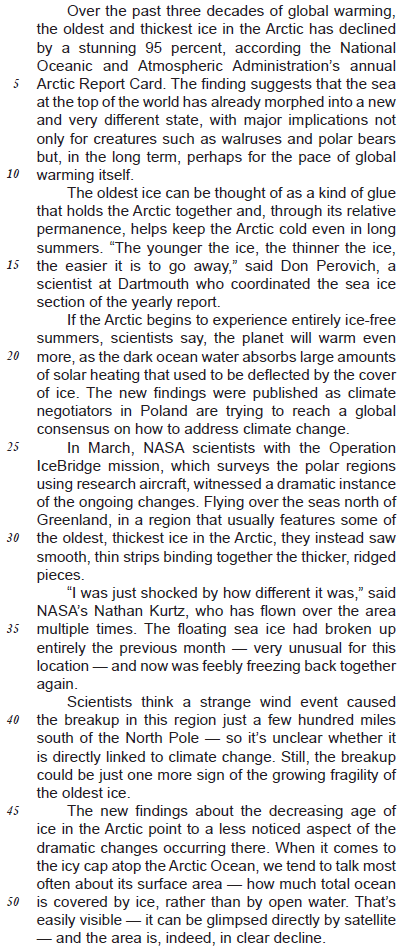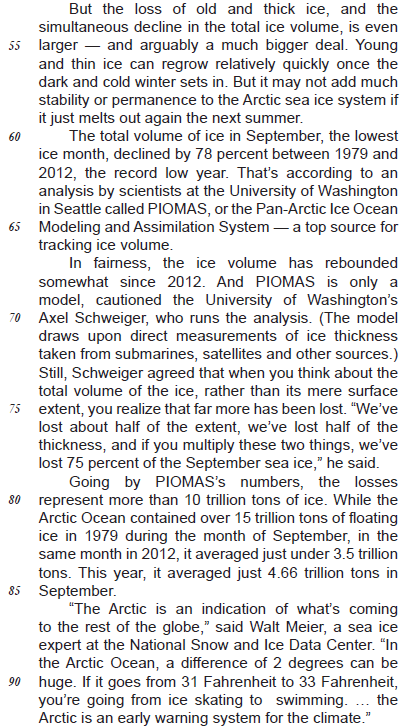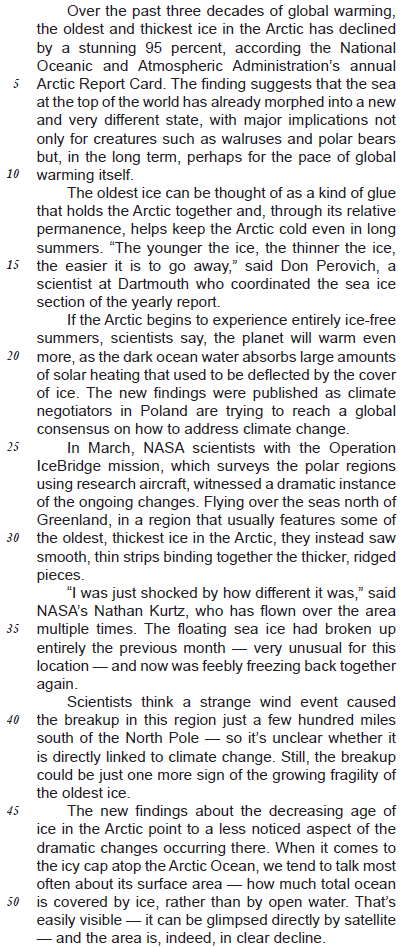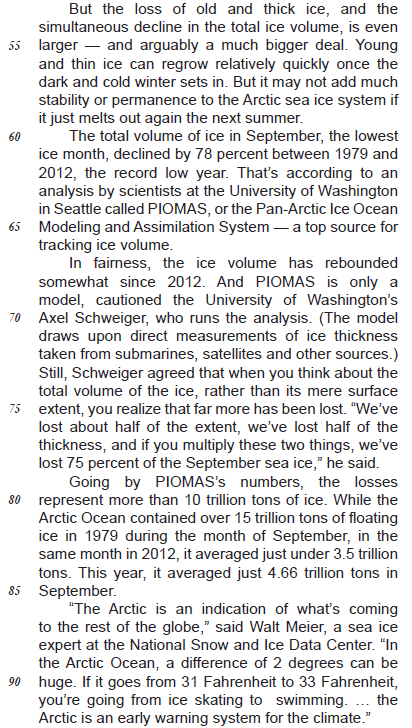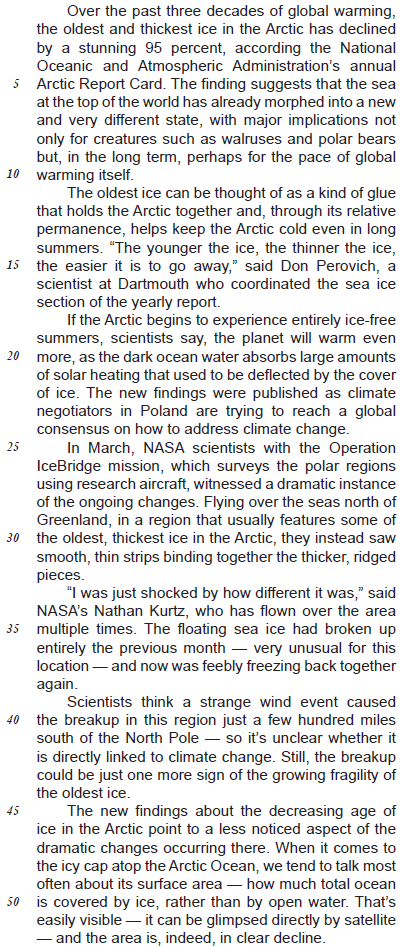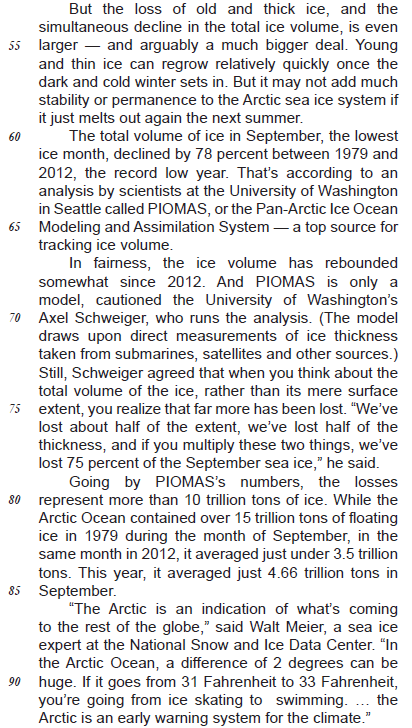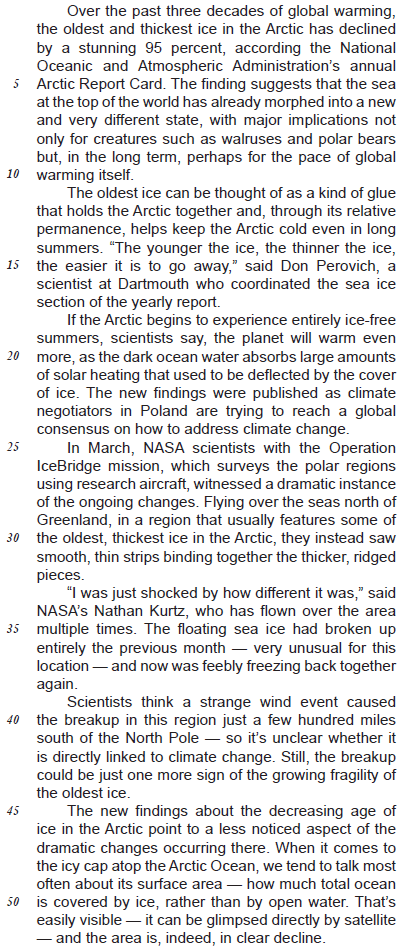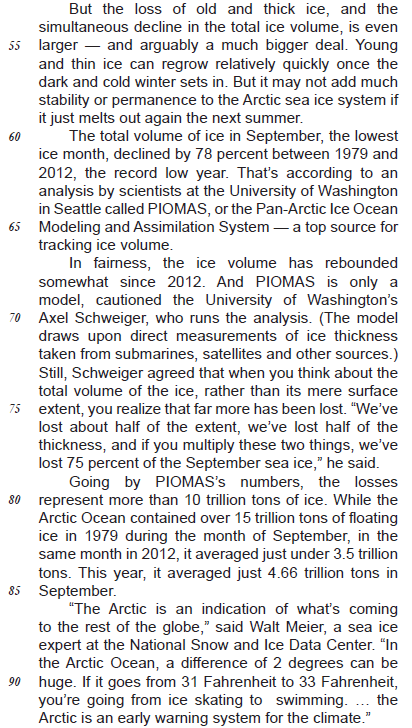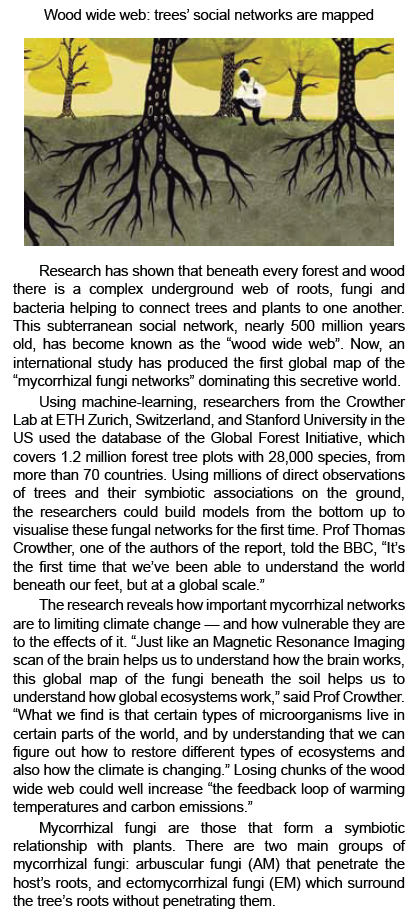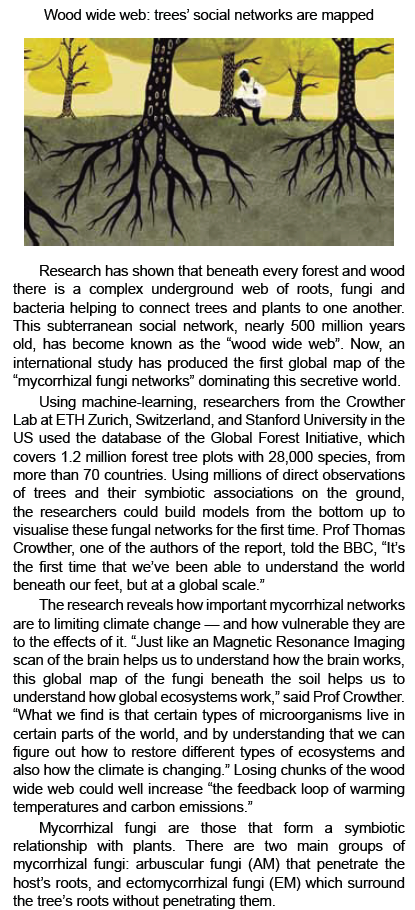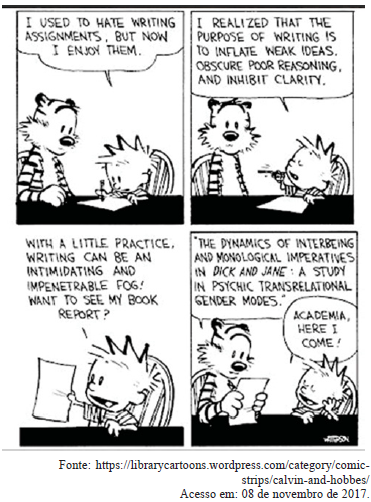cód. #7937
UCPEL - Inglês - 2018 - Vestibular
Leia os textos a seguir e responda à questão posta na sequência.
POPE FRANCIS DELIVERS SURPRISE SPEECH TO TED CONFERENCE
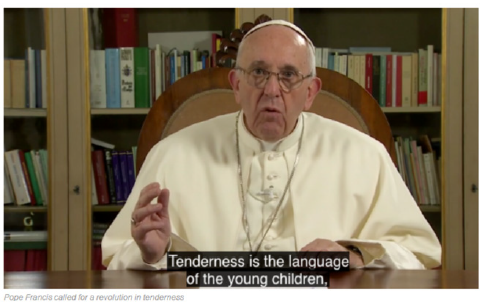
“No one is an island,” the Pope has said during a surprise talk at the TED2017 conference in Vancouver, British Columbia. Appearing during a 17-minute pre-recorded talk, the Francis became the first Pope in history to participate in a TED (Technology, Entertainment, Design) conference. Speaking from behind a desk in the Vatican, Pope Francis said: “First and foremost, I would love it if this meeting could help to remind us that we all need each other, none of us is an autonomous and independent ‘I,’ separated from the other, and we can only build the future by standing together, including everyone.” TED is an organisation, which hosts conferences all over the world where many high profile figures talk on a number of topics. During his speech, Pope Francis said that he hoped social inclusion and equality would accompany scientific and technological innovation. He said: “How wonderful would it be if solidarity, this beautiful and, at times, inconvenient word, were not simply reduced to social work, and became, instead, the default attitude in political, economic and scientific choices, as well as in the relationships among individuals, peoples and countries,” he said. “Only by educating people to a true solidarity will we be able to overcome the ‘culture of waste,’ which doesn’t concern only food and goods but, first and foremost, the people who are cast aside by our technoeconomic systems which, without even realising it, are now putting products at their core, instead of people.” The Pope went on to call for a “revolution of tenderness,” asking: “And what is tenderness? It is the love that comes close and becomes real. It is a movement that starts from our heart and reaches the eyes, the ears and the hands.” Pope Francis reminded his audience that we all depend on each other, saying: “The future of humankind isn’t exclusively in the hands of politicians, of great leaders, of big companies,” he said. “Yes, they do hold an enormous responsibility. But the future is, most of all, in the hands of those people who recognise the other as a ‘you’ and themselves as part of an ‘us.’ We all need each other.” The Pope also said that good intentions were not enough. He said: “Good intentions and conventional formulas, so often used to appease our conscience, are not enough. Let us help each other, all together, to remember that the other is not a statistic or a number. The other has a face. The ‘you’ is always a real presence, a person to take care of.”
Fonte: http://www.catholicherald.co.uk/news/2017/04/26/pope-francis-delivers-surprise-speech-to-ted-conference/ (editado). Acesso em: 09 de novembro de 2017.
NO MAN IS AN ISLAND
No man is an island, Entire of itself;
Every man is a piece of the continent,
A part of the main.
If a clod be washed away by the sea,
Europe is the less,
As well as if a promontory were:
As well as if a manor of thy friend’s
Or of thine own were.
Any man’s death diminishes me,
Because I am involved in mankind.
And therefore never send to know for whom the bell tolls;
It tolls for thee.
By John Donne (Meditation XVII)
John Donne (1572-1631), poeta inglês, foi um dos nomes mais expressivos de sua época. Ele era cristão, foi pastor anglicano e chegou a ser nomeado decano da St. Paul Cathedral, em Londres. Sua obra é marcada por poemas de tom metafísico, entre outros. Na fala do Papa Francisco à conferência TED, é possível estabelecer uma relação intertextual com o poema “No man is an island”, de John Donne. Na fala do Papa, a relação intertextual é estabelecida pelo uso da expressão metafórica “No one is an island.” Entre as alternativas abaixo, indique o trecho do discurso do Papa Francisco cujo sentido mais se aproxima à mensagem do poema de John Donne:
A) “How wonderful would it be if solidarity, this beautiful and, at times, inconvenient word, were not simply reduced to social work, and became, instead, the default attitude in political, economic and scientific choices, as well as in the relationships among individuals, peoples and countries”.
B) “But the future is, most of all, in the hands of those people who recognise the other as a ‘you’ and themselves as part of an ‘us’”.
C) “First and foremost, I would love it if this meeting could help to remind us that we all need each other, none of us is an autonomous and independent ‘I’, separated from the other”.
D) “And what is tenderness? It is the love that comes close and becomes real. It is a movement that starts from our heart and reaches the eyes, the ears and the hands”.
E) “Let us help each other, all together, to remember that the other is not a statistic or a number. The other has a face. The ‘you’ is always a real presence, a person to take care of”.
A
B
C
D
E

